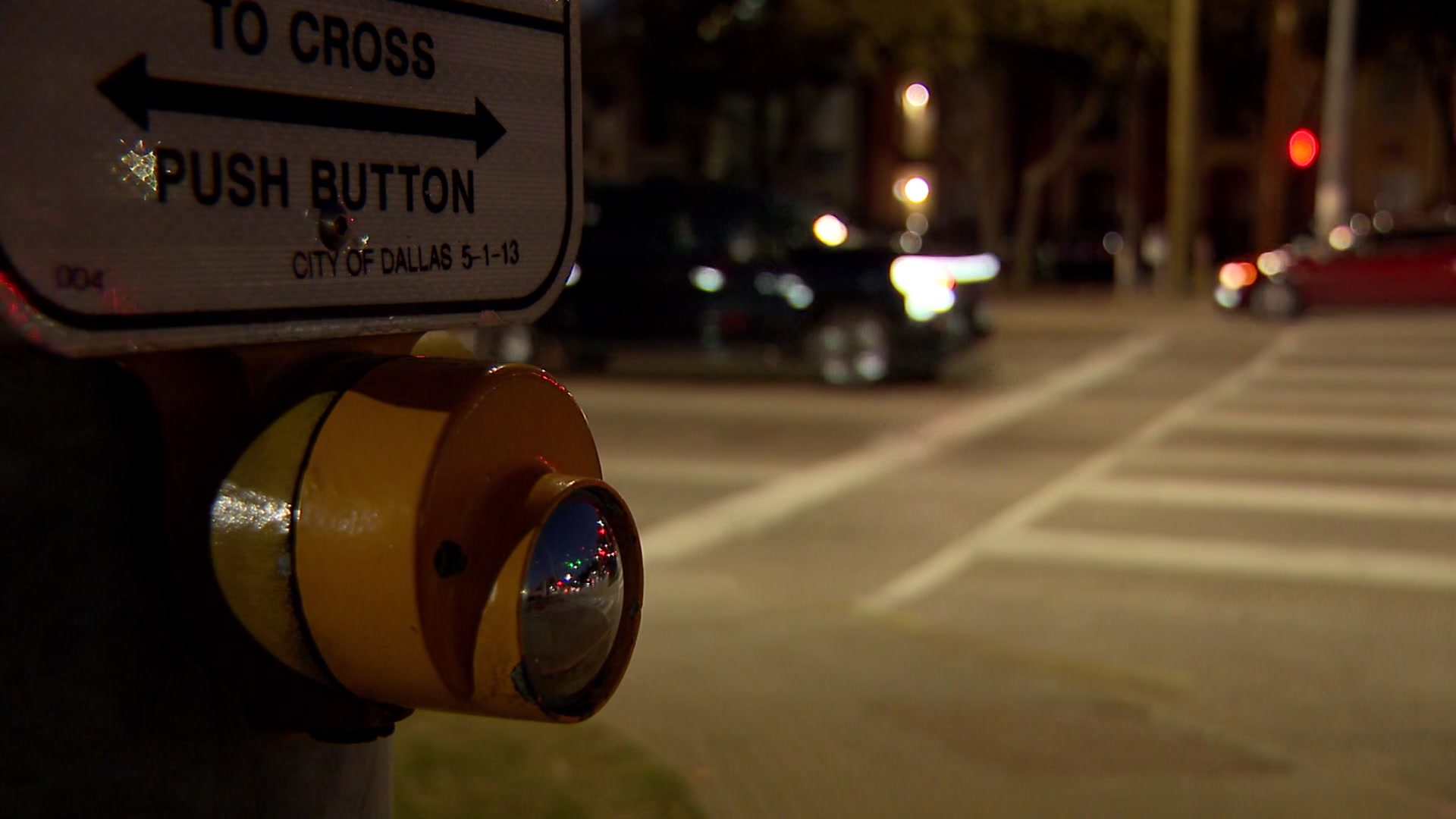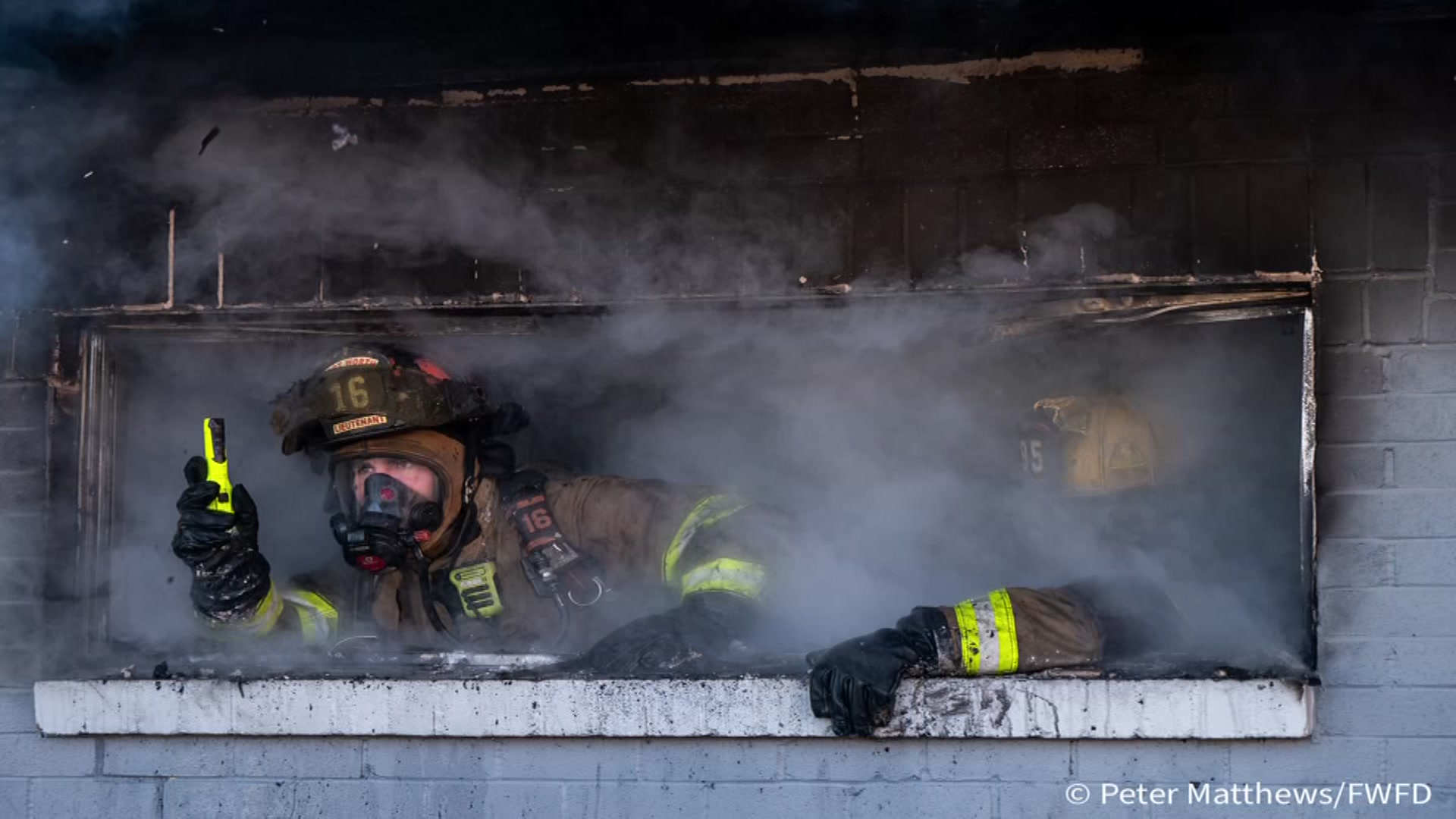Four young children in Wise County who were found malnourished, filthy and living in a “state of neglect,” were expected to be transferred from a Fort Worth hospital to foster care Tuesday night. Still, child abuse experts say likely they face several years of treatment and therapy to overcome the apparent abuse.
'Unfortunately, there are parents that do horrific things to kids," said Sophie Phillips, CEO of TexProtects, a child safety advocacy group based in Dallas. "CPS is there to ensure their saftey and protect kids, and unfortunately sometimes things get missed."
Phillips said young children under 5-years-old are most at risk of falling through the cracks.
"They're not in a childcare setting. They're not in school, you know. Maybe they're not going to see their doctor as frequently as they should," Phillips commented. "All of those providers are the top reporters of child abuse and neglect."
Child Protective Services confirmed caseworkers made contact with the family at a different address than the children were removed from on Tuesday, but could not comment on the details of when, where, or how frequent that contact was.
"Details of CPS cases are confidential," said CPS spokesperson Marissa Gonzales. "The good news is these children are in a safe place now and will be getting the care and nurturing they deserve."
Local
The latest news from around North Texas.
Child abuse experts said they likely face several years of treatment and therapy to overcome the apparent abuse.
“We know that early childhood stimulation is the key to healthy brain development. We know that children need us to love them and take care of them. So when I heard about this, I wondered what these children have missed and what we can do to make sure they get what they’ve been missing,” said Dallas CASA chief program officer Ben Wilkins.
Wilkins said deprivation and trauma caused in a variety of ways is classified as complex trauma. It can harm physical health, attachment and bonding and cognitive and developmental skills.
“Most of all, they’re probably just really frightened, right? They may not have had examples of adult caregivers who were safe to them who were nurturing to them, so it may be really hard for them to trust that it’s going to be ok with whoever’s going to take care of them now. And all of that will take a lot of love, a lot of patience and a lot of consistency over time to help them in that process of healing,” said Wilkins.
He said it’s safe to say they’ll face long-term side effects and they’ll likely need years of medical care, developmental therapies and assessments.
According to Wilkins, the amount of nurturing and care or lack thereof by age 4 is reflected in the way the brain looks 15 years later.
Still, he said childhood response to trauma is very individualized and it’s very likely that these children grow into healthy adults.
“People that have endured trauma always have hope where there’s someone that will love and take care of them, that there’s growth that they can do, that there’s recovery they can make,” said Wilkins.
CASAs are Court Appointed Special Advocates assigned to children in the foster care system to help fight for their best interests as child victims of abuse.



